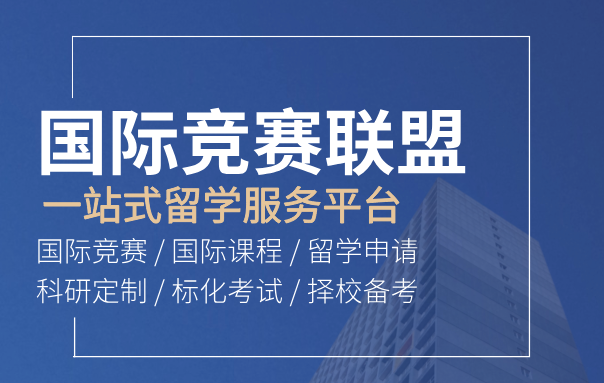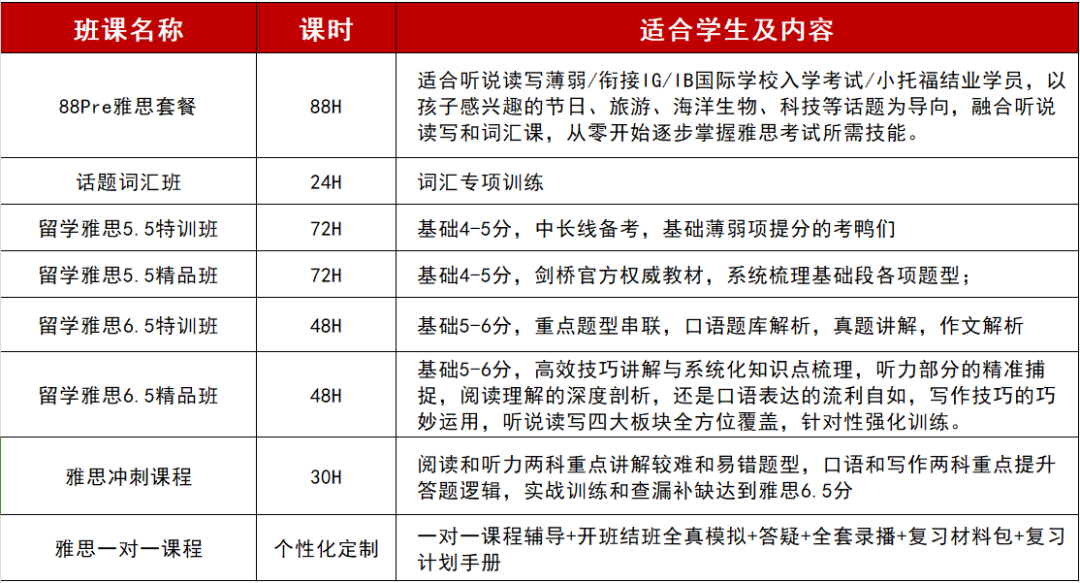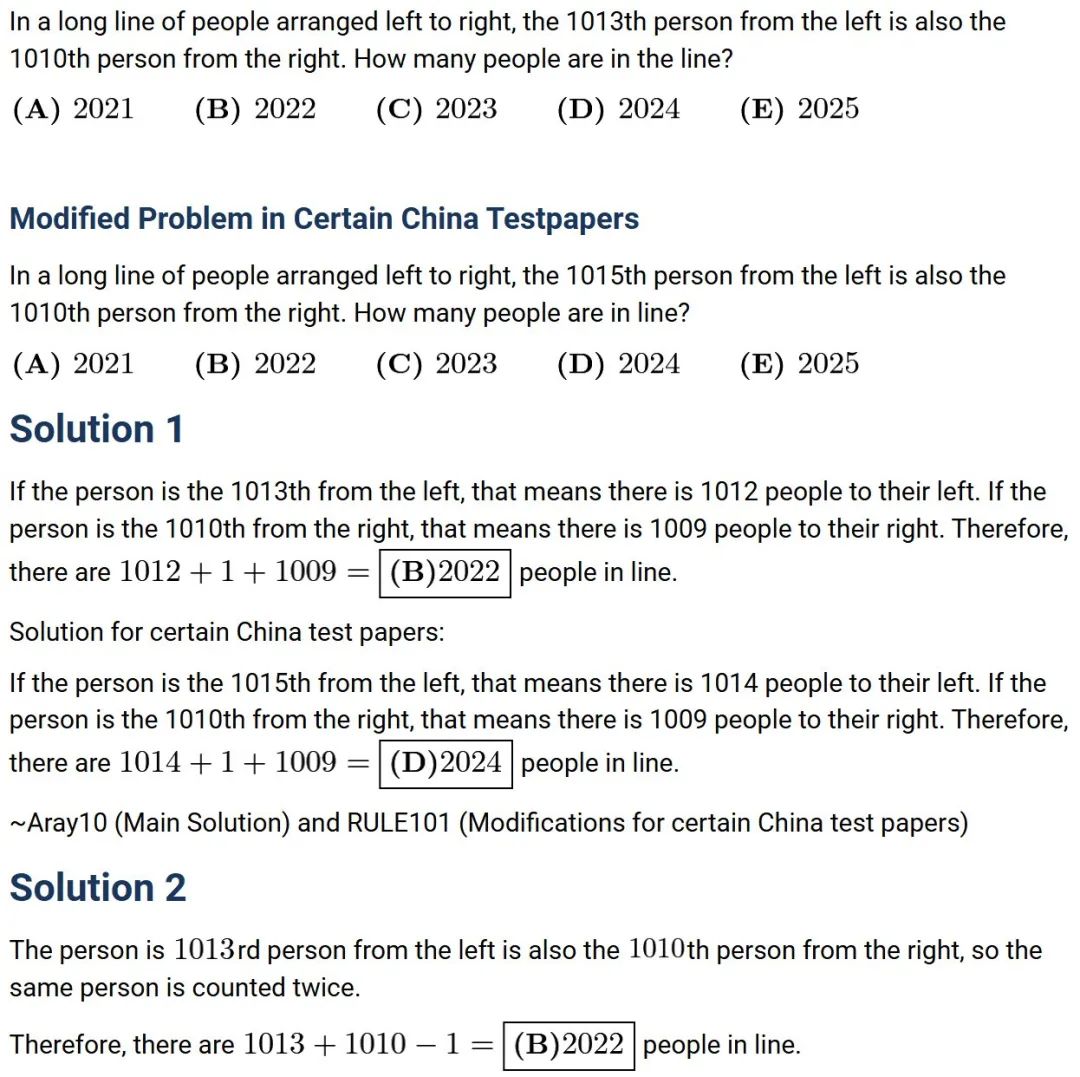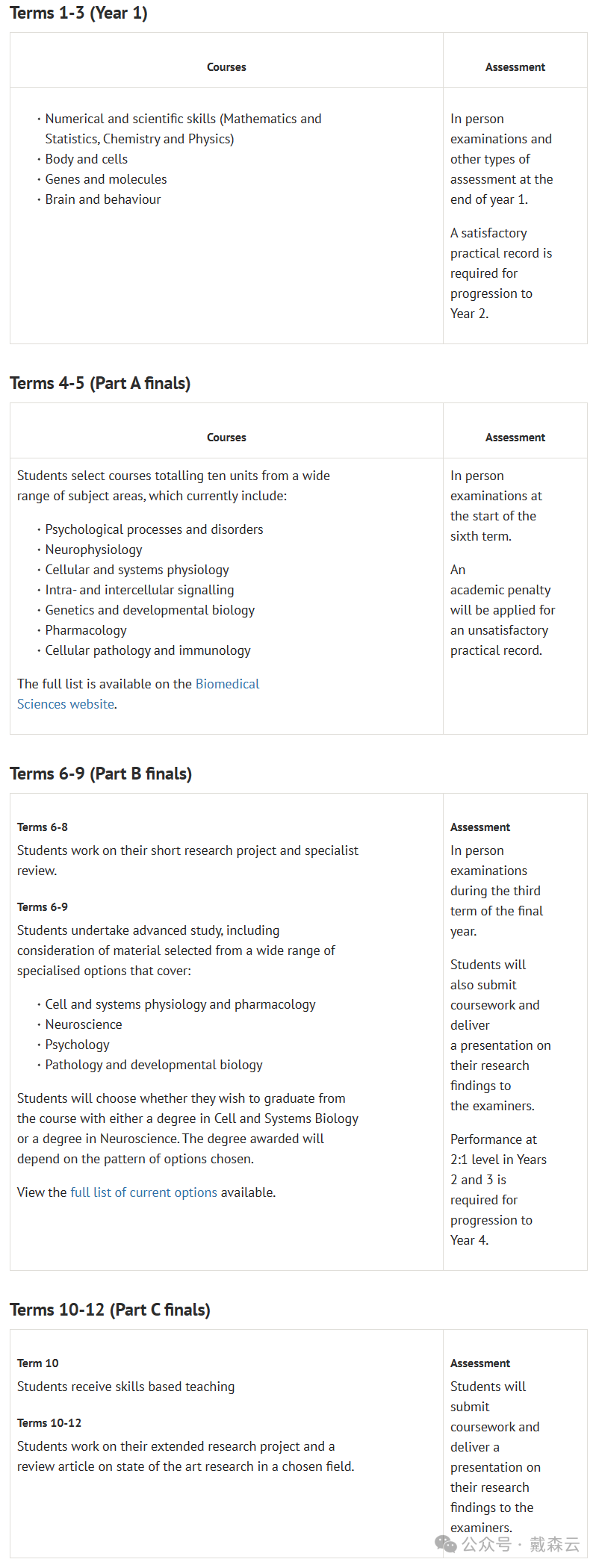根据由WSDA会员投出的有效票数统计,辩题一(Resolved: The benefits of the use of generative artificial intelligence in education outweigh the harms.")最终以63.1%的得票率脱颖而出,获得了更多WSDAer们的青睐!

那么,WSDA赛事组委会正式宣布,2024-2025赛季WSDA秋季赛公共论坛式辩论辩题为:
2024-2025 秋季赛
Resolved: "The benefits of the use of generative artificial intelligence in education outweigh the harms."
在教育中使用生成式人工智能的利大于弊。
辩题浅析
Generative artificial intelligence (AI) refers to AI systems capable of creating content, such as text, images, music, or code, based on patterns and data they have been trained on. In education, generative AI can be used for personalized learning, automating administrative tasks, generating educational content, and providing intelligent tutoring systems.
The debate centers on whether the benefits of using generative AI in education outweigh the potential harms, considering factors like educational quality, accessibility, ethics, and equity.
Arguments For PROs
01、Personalized Learning
Generative AI can tailor educational content to individual students' needs, learning styles, and paces, enhancing engagement and effectiveness.
02、Resource Efficiency
AI can automate administrative tasks, such as grading and scheduling, allowing educators to focus more on teaching and student interaction.
03、Content Creation
AI can generate high-quality educational materials, such as practice problems, essays, and study guides, quickly and at a low cost.
04、Access and Inclusivity
AI-powered tools can provide support for students with disabilities and those in under-resourced areas, making education more accessible and inclusive.
Arguments For CONs
01、Quality and Accuracy
Generative AI can sometimes produce inaccurate or low-quality content, which could mislead students and hinder their learning process.
02、Dependency and De-skilling
Over-reliance on AI might reduce students' and educators' critical thinking and problem-solving skills, making them overly dependent on technology.
03、Privacy and Security
The use of AI involves collecting and processing large amounts of student data, raising concerns about privacy, data security, and potential misuse of information.
04、Bias and Fairness
AI systems can perpetuate and even amplify existing biases in the data they are trained on, leading to unfair or discriminatory outcomes in educational settings.
The debate hinges on weighing the potential improvements in personalized, efficient, and inclusive education against the risks related to content quality, dependency, privacy, and bias.












